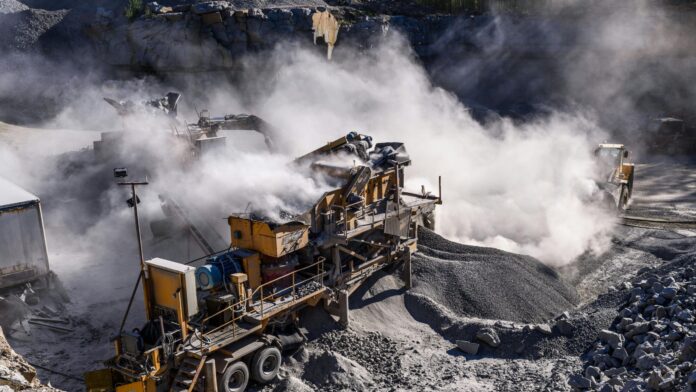Published by Frontpage Journal | Business Insights
Sri Lanka’s mineral wealth presents a unique opportunity to move beyond simple extraction toward the creation of integrated industrial ecosystems. While the country holds world-class reserves of ilmenite, graphite, phosphate, and other high-value minerals, the current approach, exporting them in raw form, limits economic returns, industrial growth, and technological innovation. Developing domestic ecosystems that connect mining, processing, manufacturing, and research can transform natural resources into engines of sustainable national prosperity.
The economic rationale is compelling. Standalone mining operations provide jobs and export revenues, but the highest value lies in downstream activities such as refining, chemical processing, and the manufacture of specialized materials. When these processes occur domestically, they generate higher profit margins, skilled employment, and local supply chain development. Beyond immediate economic gains, industrial ecosystems create opportunities for innovation, technology transfer, and brand development that can secure Sri Lanka’s position in global markets for decades.
Realizing this vision requires coordinated policy action and private-sector engagement. Strategic industrial clusters, combining mineral extraction with processing plants, research centers, and logistics hubs, can achieve scale and efficiency. Targeted incentives, including tax breaks, streamlined regulatory frameworks, and investment in critical infrastructure, can attract both domestic and foreign players. Collaboration with universities and research institutions ensures that innovation drives product development, quality enhancement, and competitiveness in international markets.
Branding and market positioning are equally critical. Sri Lanka’s industrial ecosystems should aim not just for volume, but for high-value products recognized for quality, sustainability, and technological sophistication. Such positioning strengthens the country’s negotiating power in global markets and enhances its appeal to investors seeking ethical and high-performance supply chains.
The global demand for processed minerals and advanced materials continues to grow, fueled by technology, renewable energy, and high-end manufacturing. Countries that establish integrated industrial ecosystems capture the lion’s share of these opportunities, while raw material exporters remain vulnerable to volatile commodity prices. Sri Lanka has the natural endowment and strategic location to become a regional hub for mineral-based manufacturing, but this requires foresight, investment, and an ecosystem-oriented approach.
Developing industrial ecosystems around Sri Lanka’s mineral wealth is more than a business strategy; it is a national imperative. By moving beyond extraction, the country can create high-value industries, generate skilled employment, enhance technological capabilities, and secure long-term economic growth. The opportunity is within reach, and the time to act is now.




